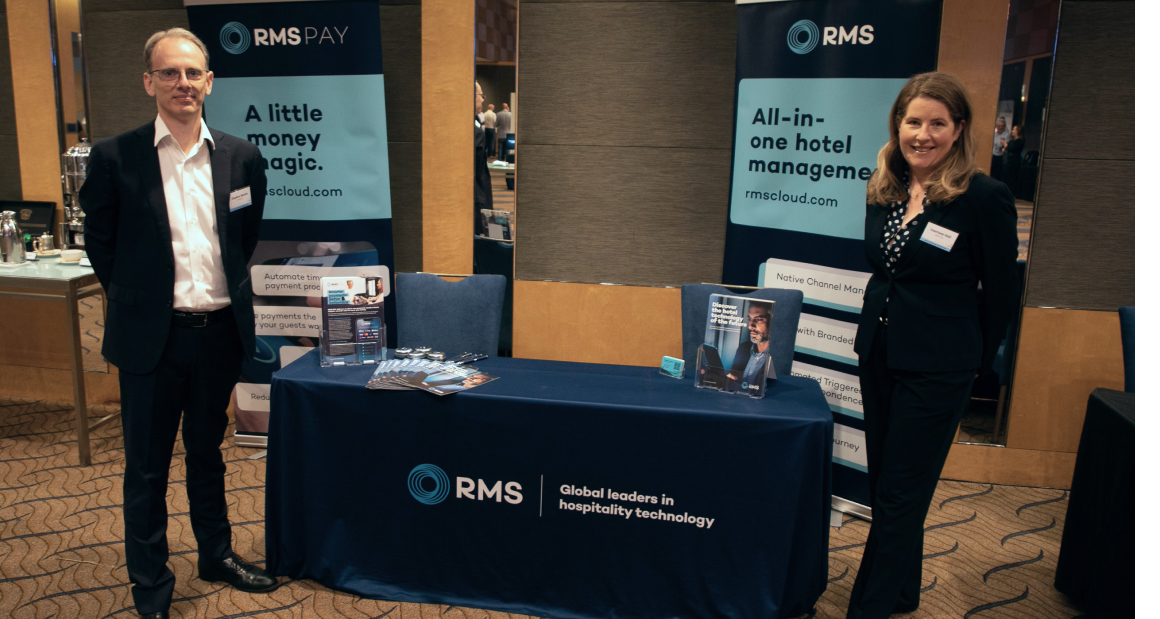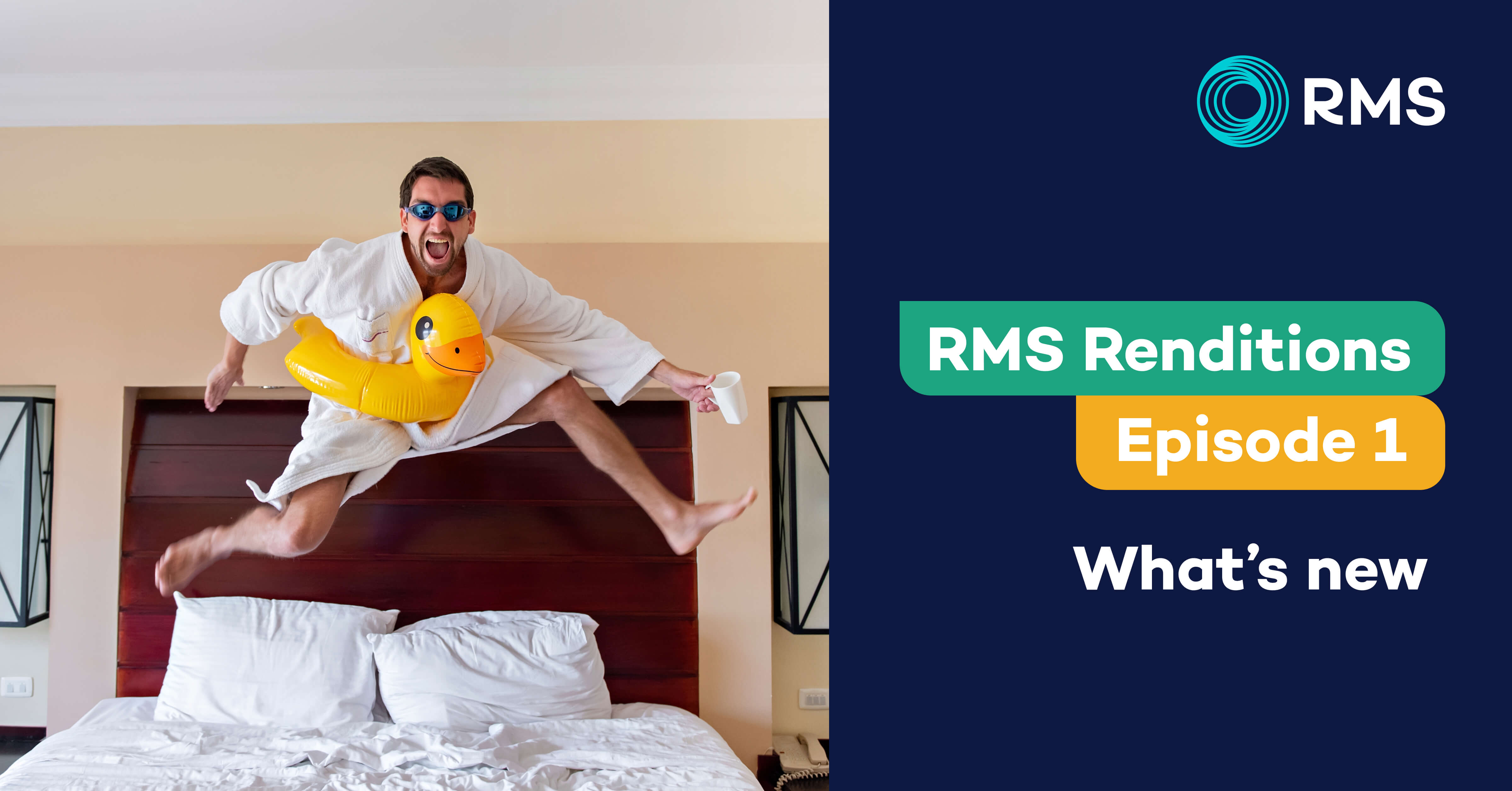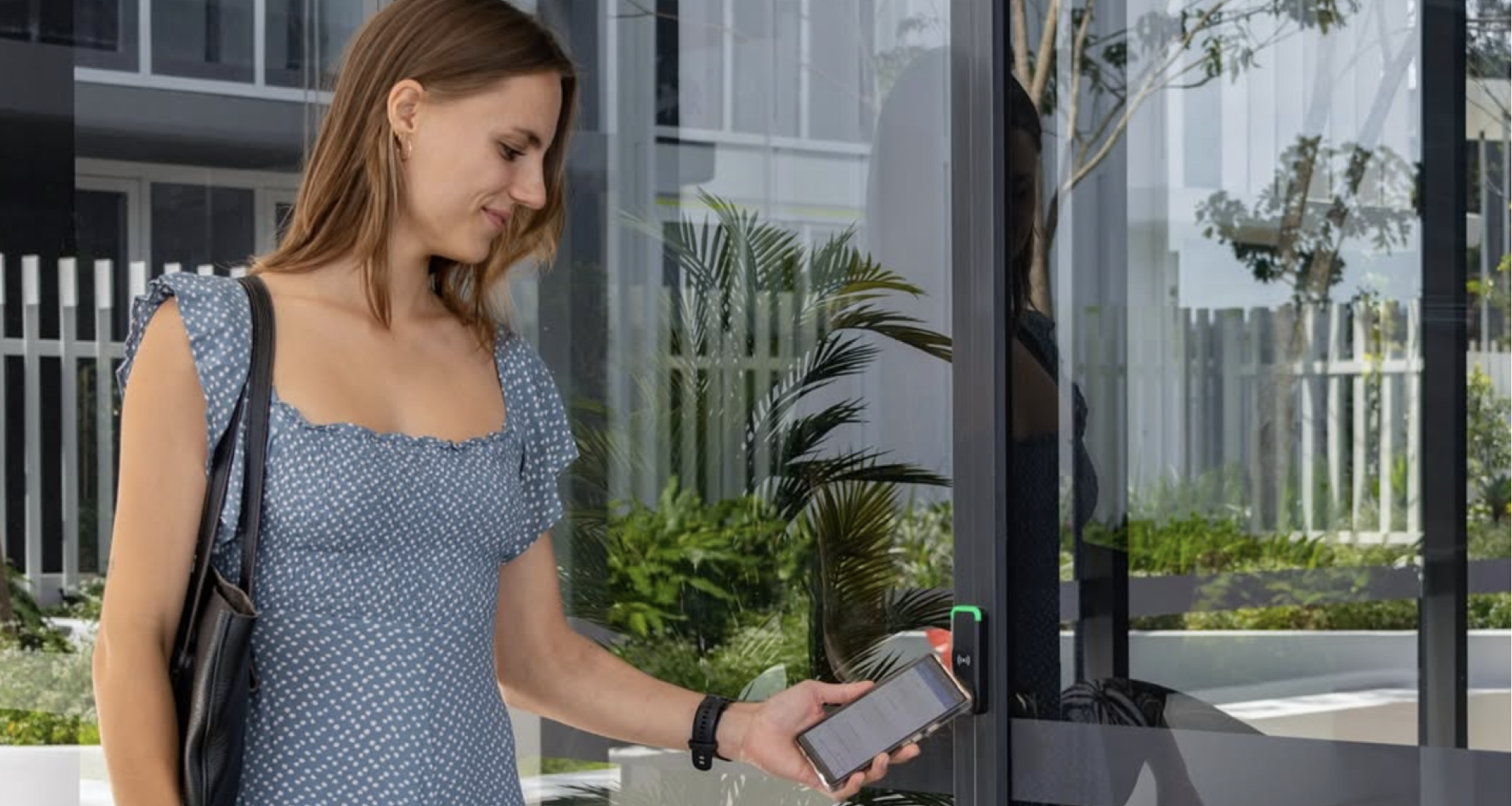"As an industry, we have been waiting for decades for the technology that allows us to get good architecture, good data, and enriched guest profiles. Are we using it?" Discover key insights from Ted's Tech Summit 2024, revealing technology that is revolutionising the accommodation sector. Learn how breaking restrictive thinking, addressing operational challenges, and the role of technology can drive the industry forward.
Last month, at Ted's Tech Summit 2024, our executive team attended the Australian industry-leading event focused on future trends shaping the accommodation sector. The underlying question that permeated the event was whether the current level of tech investment suffices or if a broader vision is necessary to revolutionise the industry. Through a blend of engaging talks and panel discussions, a consensus emerged on the need for action to bridge the industry's current state with innovative thinking. Here are three key insights from the summit we learned.
Restrictive thinking is holding us back
The summit highlighted a significant divide within the industry, ranging from staff shortages and underutilised guest profiles to the effective use of business intelligence. Expert speakers unanimously realised that "restrictive thinking" often limits innovative growth and is what, perhaps, is holding the industry back. The question was asked, 'Are hotels investing enough in new technology?' across a panel discussion. It quickly became apparent that the industry needed to be as industry experts spoke in-depth on the topic.
Michael Levie, co-founder of CitizenM Hotels and a guest speaker, discusses the path forward. He highlights that it is about embracing technological architectures that facilitate better data flow and comprehensive guest profiling that moves beyond conventional approaches to unlock new avenues for growth. Levie underscored the importance of three key points:
- Build better guest profiles beyond the usual contact information in your PMS to enable more targeted selling that speaks to the customer.
- Do not underestimate the pivotal role of efficient Business Intelligence tools and being able to make informed data-based decisions to meet guests' dynamic demands.
- Change your company's mindset and how technology can evolve your business with one collective vision from the top down.
Operational challenges: can technology help?
Chip Rogers, the former President and CEO of AHLA shifted the focus towards operational challenges, notably the staffing shortages that have plagued the industry since 2019. With a significant number of open positions needing to be filled, hoteliers are increasingly turning to technology to bridge the gap. "Occupancy is back up to pretty much where it was [pre COVID]. How are we filling that gap [shortage of staff]? Well, clearly, it's technology. Hoteliers have figured out how to offer the same or better services with fewer people, and that trend is going to continue."
Rogers highlighted how technological advancements enable hotels to maintain, if not enhance, service levels despite reduced staff, hinting at a future where technology and human service find a balanced coexistence.
Innovative technology ready to adopt
RMS Cloud emerged as a prime example of the summit's vision, offering a scalable enterprise solution that enables seamless data integration, advanced guest profiling, and intelligent business analytics. As highlighted by Stephen Martin, Cheif Sales Officer at RMS Cloud, who attended the event, RMS Cloud's aim to transform operational efficiencies and elevate guest experiences reflects the summit's consensus that investing in technology, while crucial, must be complemented by a broader vision to propel the industry forward.
In conclusion, Ted's Tech Summit 2024 served as a wake-up call for the accommodation industry to expand its horizons. As we venture into an era marked by rapid technological advancements, platforms like RMS Cloud offer the tools needed to adapt, thrive, and exemplify the blend of vision and innovation required to meet future demands head-on.




